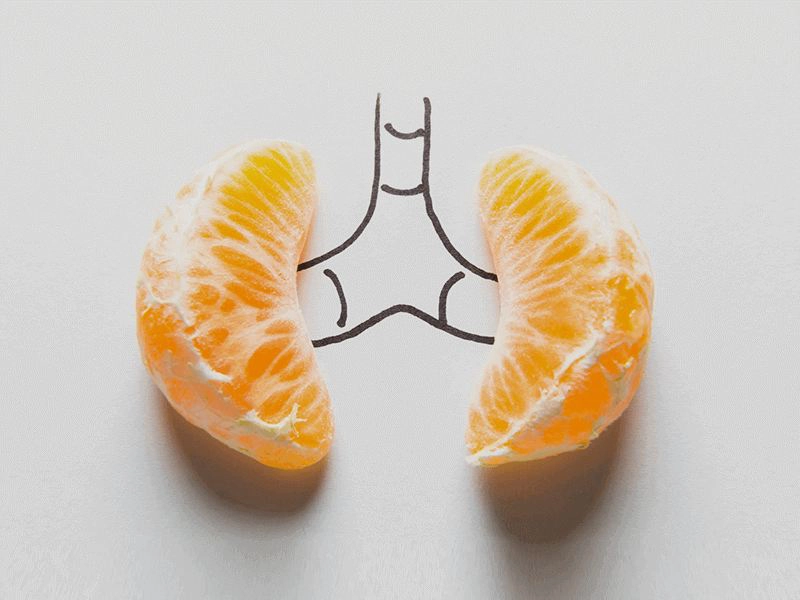Home/Wellness Zone/Sakra Blogs
17th Jan, 2017

The kidneys are bean-shaped organs, each roughly the size of a fist. They are two in number and located one on each side of the backbone deep in the abdominal cavity, beneath the rib cage.
Kidneys do many functions to keep us healthy.
Their main job is to remove toxins and excess water from the blood. They also help to control the blood pressure, to produce red blood cells and to keep the bones healthy.
Kidneys also control blood levels of many minerals and salts including sodium and potassium, and help to control blood acidity. Every day they carefully control salt and water level in the body so that the blood pressure remains in the normal range.
How do we keep our kidneys healthy?
Kidney diseases are silent killers, which will largely affect the quality of life. There are however several easy ways to reduce the risk of developing kidney disease.
1. Keep fit and active
Keeping fit helps to reduce blood pressure and therefore reduces the risk of Chronic Kidney Disease.
2. Keeping the blood sugars under good control
About half of people who have diabetes develop kidney damage, so it is important for people with diabetes to have regular tests to check their kidney functions. Blood test Serum creatinine and eGFR (estimated Glomerular filtration rate) will tell us about the total kidney function. The presence of excess protein or albumin in the urine is also a marker of kidney damage.
Kidney damage from diabetes can be reduced or prevented if detected early. It is important to keep the blood sugars under control with the help of doctors, with regular medicine intake, good dietary practices and regular exercises.
3. Regular monitoring of blood pressure
Although many people may be aware that high blood pressure can lead to a stroke or heart attack, few know that it is also the most common cause of kidney damage.
The normal blood pressure level is less than 140/80 mmHg. One should adopt lifestyle and dietary changes at 140/90 and above. They should discuss the risks with the doctor and monitor the blood pressure level regularly. High blood pressure is especially likely to cause kidney damage when associated with other factors like diabetes, high cholesterol and heart diseases.
4. Eat healthy and maintain optimal weight
This can help prevent diabetes, heart disease and other conditions associated with Chronic Kidney Disease.
Reduce the salt intake. The recommended sodium intake is 5-6 grams of salt per day (around a teaspoon). In order to reduce salt intake, try and limit the amount of processed and restaurant food and do not add extra salt to the food.
5. Maintain a sufficient fluid intake
Drinking 2 liters of water per day should be sufficient to maintain good health.
Consuming adequate fluids will help the kidneys clear sodium, urea and toxins from the body which, in turn, results in a “significantly lower risk” of developing chronic kidney disease. However “aggressive fluid loading”, which can cause side effects, is not recommended. It’s important to keep in mind that the right level of fluid intake for any individual depends on many factors including gender, exercise, climate, health conditions, pregnancy and breastfeeding. In addition, people who have already had a kidney stone are advised to drink 2 to 3 liters of water daily to lessen the risk of forming a new stone.
6. Do not smoke
Smoking accelerates the process of atherosclerosis, which is the hardening of the blood vessels and thereby slows the blood flow to the kidneys. When less blood reaches the kidneys, it impairs their ability to function properly. Smoking also increases the risk of kidney cancer by about 50 percent.
7. Do not take over-the-counter pills/ pain killers on a regular basis
Common pain killer medicines also called non-steroidal anti-inflammatory drugs like brufen, combiflam and voveran are known to cause kidney damage if taken regularly.
Such medications probably do not pose significant danger if the kidneys are relatively healthy and when one uses them only during emergencies. However in situations of chronic pain like, arthritis or backache, one has to consult a doctor to find a way to control the pain without putting ones kidneys at risk.
8. People with ‘high risk’-Get your kidney function checked
Those Who have Diabetes
Those Who have hypertension or high blood pressure
Those who are obese
If one of the parents or other family members are suffering from kidney disease
Those who are of Asian, African or Aboriginal origin
Enquire Now
